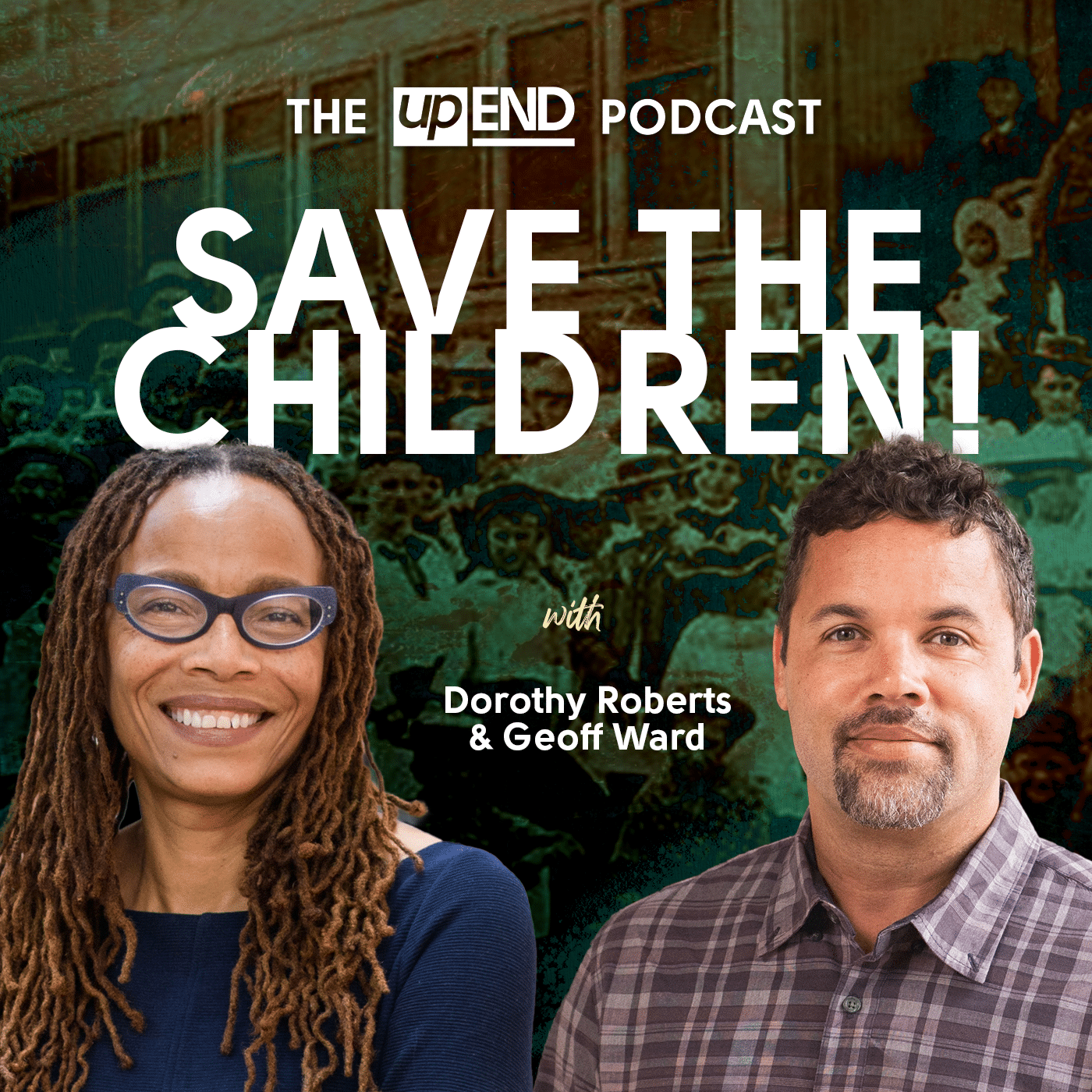Building on the continuum established in Module One, Module Two reviews Black children’s continued separation and enslavement following the formal abolition of slavery.
Module Two begins with the early origins of what would become the child welfare system, which emerged through the “child-saving” efforts of the late nineteenth and early twentieth centuries. This includes the establishment of the Children’s Aid Society and the Orphan Train Movement, the precursors to modern foster care placements.
Module Two then addresses the intentional exclusion of Black children from these efforts, who were deemed wholly unworthy of the child-saving efforts of this time. Rather, Black children continued to be separated from their families and forced into apprenticeships, often with their former enslavers, or funneled into the rapidly expanding juvenile punishment system.
Module Two concludes with a review of the philosophy of White Saviorism, which undergirded these child-saving efforts and ultimately became the philosophy upon which the modern child welfare system is founded.
The Origins of the Family Policing System

The Orphan Trains, Prairie Public

Orphan Trains, Stuff You Missed in History Class
The Continued Separation and Enslavement of Black Children
The Philosophy of White Saviorism

The White Savior Industrial Complex, Teju Cole, The Atlantic
FOR FURTHER READING
READ: Charles Loring Brace, The Dangerous Classes of New York, and Twenty Years’ Work Among Them
READ: Andrew Billingsley & Jeanne M. Giovannoni, Children of the Storm: Black Children and American Child Welfare (out of print, but available via online booksellers)
READ: Anthony M. Platt, The Child Savers: The Invention of Delinquency
READ: Geoff K. Ward, The Black Child-Savers: Racial Democracy and Juvenile JusticeWATCH: Adoption and White Saviorism: An upEND Conversation with Kathryn Joyce and Bill Bettencourt, How We endUP: A Future Without Family Policing, upEND Movement
Subscribe to the upEND Newsletter
